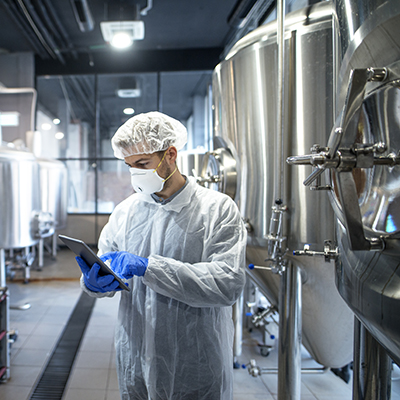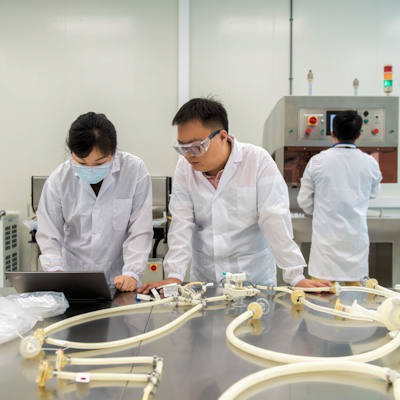October 10, 2022 -- Life sciences company Cytiva has acquired Cevec Pharmaceuticals, a German provider of high-performance cell line development and viral vector manufacturing technologies, for an undisclosed amount. The deal will further strengthen Cytiva's cell line development, according to the companies.
One of the pharmaceutical industry's biggest challenges in cell and gene therapy is establishing production processes that can keep up with the increasing demand for volume and consistent quality of viral vectors. With its scalable producer cell lines for vectors based on adeno- associated virus (AAV) and adenovirus, Cevec covers two of the most widely used vectors for delivering therapeutic genes to target cells and tissues.
Viral vectors are altered viruses that can safely transport therapeutic products into cells. Adenoviruses are DNA viruses with broad cell tropism that can transiently transduce nearly any mammalian cell type. AAVs are capable of transducing a broad range of dividing and non- dividing cell types, but they require coinfection with a helper virus like adenovirus or herpes virus to produce recombinant virions in packaging cells.
"Cevec's innovative technology complements Cytiva's offering and brings the promise of improved viral vector manufacturing," Emmanuel Abate, president of genomic medicine at Cytiva, said in a statement.
The acquisition will allow customers to have immediate access to Cevec's technology and expertise to help accelerate and advance gene therapies for the benefit of patients. In addition, 46 scientific experts based in Cologne, Germany will join the Cytiva team in the genomic medicine space.
Cytiva works with academic and translational researchers, developers, and manufacturers of biotherapeutics, cell and gene therapies, as well as new technologies such as mRNA, to enable the delivery of transformative medicines.
A recent report in Cell and Gene Therapy Business Outlook (CGTBO), a sister publication of ScienceBoard, found that the industry needs 2 to 3 billion liters of bioreactor capacity to meet the current demand for viral vectors. However, production cannot keep up with demand.
"Future needs will require about 5-6 million liters of bioreactor capacity per year. Change is needed for both upstream and downstream development, and a streamlined process would be desirable," states the CGTBO report.
Copyright © 2022 scienceboard.net










